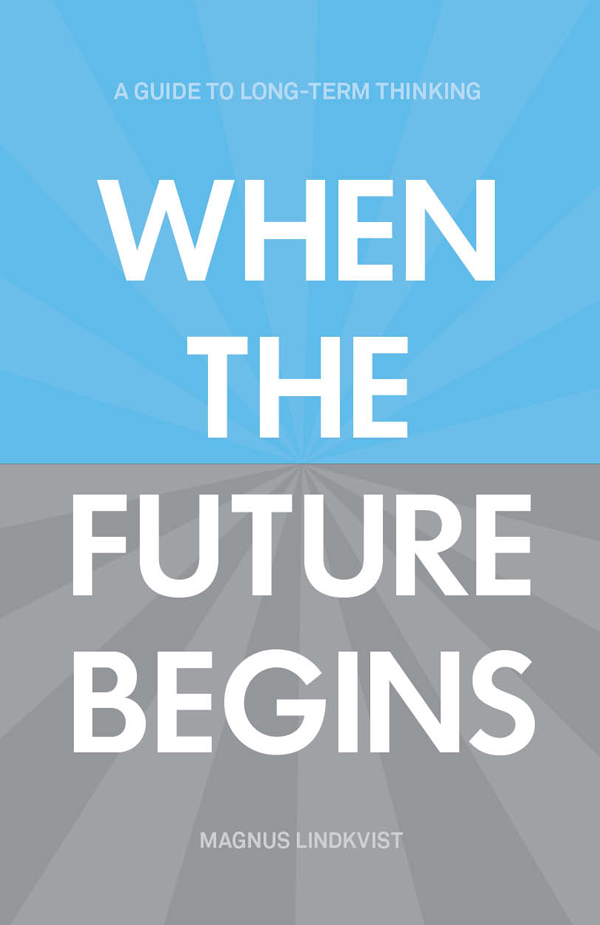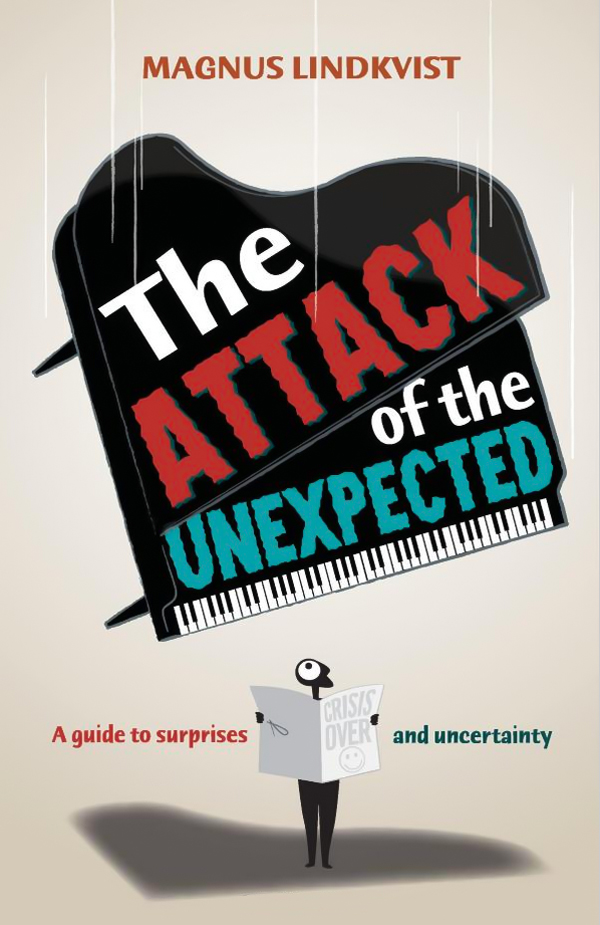
Minifesto (2016)
We live in times of great change. Or so we are told. Headlines blast messages about clashes between tribes, civilizations, political factions, East and West. We are told that unless we abstain from eating meat, flying or enjoying other modern amenities, the planet is doomed. We live in times of trouble. Of crossroads. Of signs of decline. We live in special times. In turn, future thinking is often reduced to people having opinions about other people’s opinions.
As opposed to manifesto, in manifesto many small ideas are created to inspire one person, your-self. By sharing the vision of the future, we can avoid telling stories and instead strive to surround ourselves with as many strange, conflicting ideas that we can in order to immerse ourselves in future possibilities and possible futures. Incorporating recognizable examples, ‘Minifesto’ will illustrate how the world changes when a single individual does something new.

When the Future Begins (2013)
Long-term thinking and planning is such an ingrained part of everyday life that we tend either not to see it or merely take it for granted. From pensions, retirement, holiday planning, marriage (or divorce) to corporate strategy and choosing the right school for our kids – the assumptions we make about tomorrow tend to be sketchy at best! Why do we so often underplay such important future plans in our lives? One of the main reasons is that we have never been given the right tools with which to think and plan ahead. Futurology – the art of thinking ahead – has often been relegated to science fiction writers and witch doctors. In fact, it’s a tool that can actually help us understand and plan for a better future for ourselves.
This book, by a leading futurologist, presents the practical tools of long-term thinking and planning to the everyday situations that we all face.

The Attack of The Unexpected (2011)
Everything in life is, in a sense, unexpected. From the people you meet to the events you experience. But sometimes the unexpected attacks. It eats at you and fundamentally changes where you are and where you are going. September 11, the credit crunch, and the rise of the World Wide Web are recent examples of agenda changing megaevents that we were forced to react to in some way or another.
This book, by one of the world s leading trendspotters, is designed to help you understand the nature of unexpected events and how we are affected by it on an individual, corporate and societal basis. Building on studies of and interviews with people who have in some way been attacked and significantly affected by the unexpected, its aim is to help you stop fearing uncertainty and start embracing and leveraging it to your advantage.
